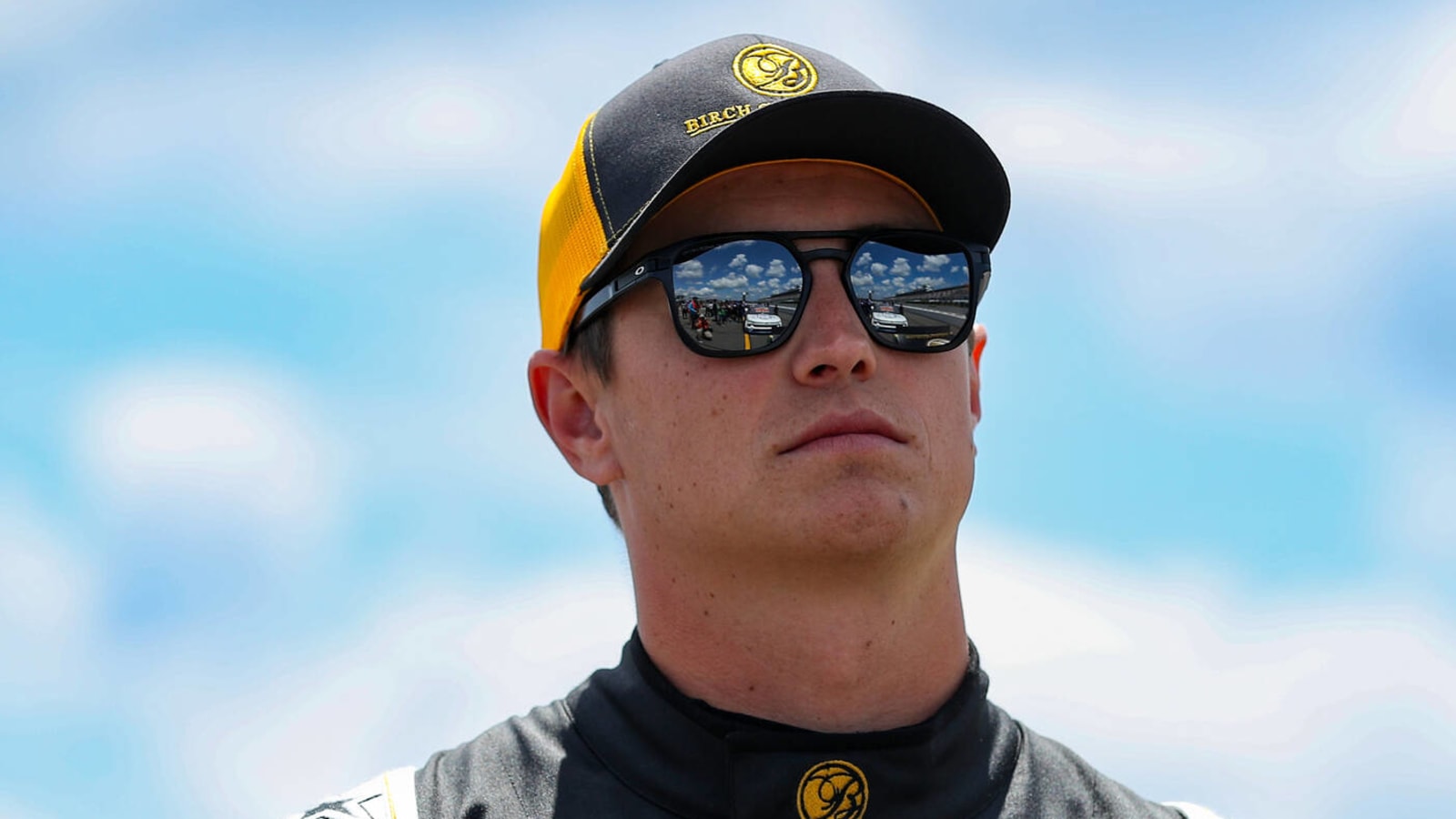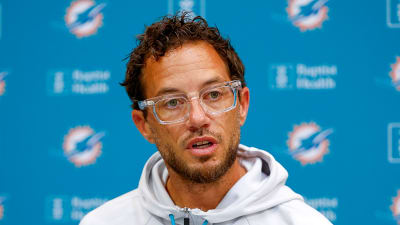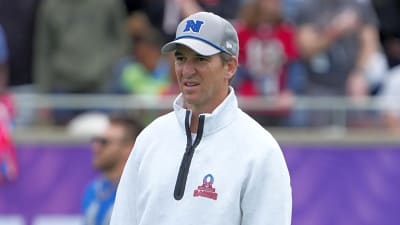
It's official: the blue-collar NASCAR Cup Series team is dead
The announcement this past week of Zane Smith joining the NASCAR Cup Series in a third Spire Motorsports entry for 2024 is, on its own merits, a welcome one. A young, talented driver and a rising organization have the chance to make some noise.
NEWS: @TeamTrackhouse announces a multiyear agreement with @ZaneSmith.
— NASCAR (@NASCAR) September 16, 2023
The team also announces an alliance with @SpireMotorsport; Smith to drive full time in the NASCAR Cup Series for Spire in 2024. pic.twitter.com/mwo8G98JTd
It comes at a price, though, as B.J. McLeod's Live Fast Motorsports will have to sacrifice its spot on the grid in order to sell Spire its charter.
McLeod is a cult favorite of the NASCAR garage, due to his throwback personality and his status as the last of a dying breed of small-time owner-drivers — the breed that was once the backbone of the NASCAR circuit. Now, it's a breed that is officially extinct.
With the closure of Live Fast, low-budget teams have been fully priced out of the Cup Series. It's sad to see, and it's a direct result of the elitist attitudes of Rob Kauffman and the Race Team Alliance, who have bought their way to the top and kicked the ladder out from underneath them.
In the Charter Era, which began in 2016, the fields are smaller. They're more exclusive. There's no upward mobility; you're either part of the yacht club or you're not. It's the single most fatal flaw of modern NASCAR, and it's a slap in the face to the accessible, blue-collar culture the sport once stood for.
Some may say it's a good thing that the field is getting more competitive. And indeed, it is. Spire's cars are stronger than Live Fast's, as has been the case most of the time when new teams such as 23XI Racing, Trackhouse Racing and Kaulig Racing have joined the Cup Series in the Charter Era, replacing much slower teams.
However, that competition could still exist without charters — and it did. The larger fields were so large that there were often upwards of 50 teams attempting to qualify for the 43-car grid. Those who were sent home were forced to make smart business decisions to stay afloat, but weren't kicked to the curb entirely.
Many of them did. Take Furniture Row Racing, which was an underfunded field-filler throughout the late 2000s. The team eventually improved enough to be a desirable landing spot for drivers like Kurt Busch and Martin Truex, Jr., and to form a technical alliance with Joe Gibbs Racing.
Furniture Row would complete its improbable rise by winning the 2017 Cup championship with Truex. A year later, the team was forced out of business. A resounding failure of the supposed objective of charters, to provide security for already established organizations.
It's a good thing charters didn't exist when teams like Hendrick Motorsports were first formed, because they'd have never survived. And while Live Fast probably wouldn't have ever become Hendrick or even Furniture Row, McLeod and his crew who put in years of hard work and dedication to make it to this level, at the very least deserved that chance.
For more than 60 years, NASCAR was all about the American Dream, the idea that there was an attainable path for common men to rise to the top. Every aspiring team owner was welcome to try their hand at earning a space in the series' most prestigious garage, and if they were good enough, they got to stay.
That dream is dead now. It doesn't matter if you're good enough — it only matters if you're rich enough.
More must-reads:
- The NASCAR title contender that no one is talking about
- Kyle Busch addresses leaving villain role and Denny Hamlin embracing It
- The 'NFL 200-touchdown-pass Club' quiz
Breaking News
Trending News
Customize Your Newsletter
 +
+
Get the latest news and rumors, customized to your favorite sports and teams. Emailed daily. Always free!








